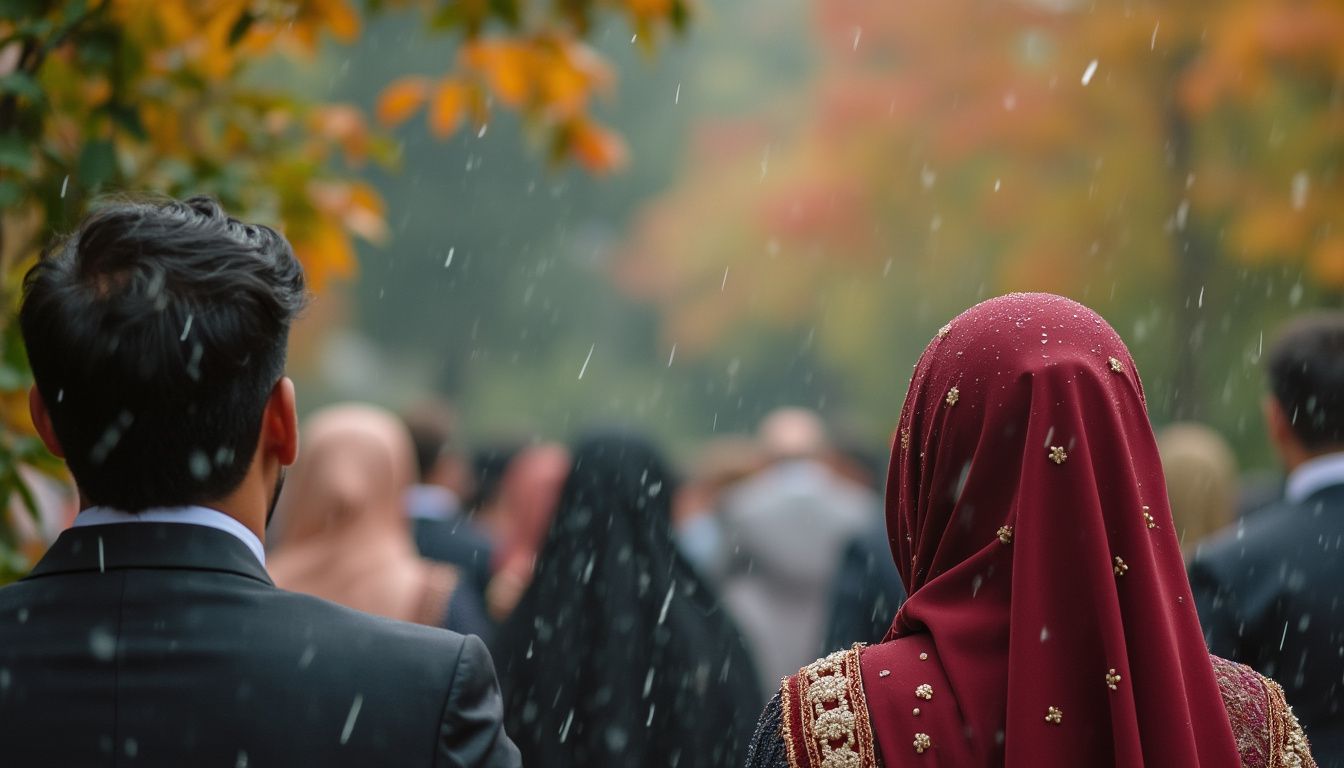Nikkah Weddings Across Cultures: Exploring the Traditions
In today’s globalized world, the celebration of a Nikkah (Islamic marriage) reflects a beautiful blend of age-old traditions and modern practices. Understanding and appreciating the diverse cultural expressions of Nikkah can enhance the experience for couples and their families. This article explores the rich tapestry of Nikkah traditions across cultures, providing valuable insights for Muslims seeking to embrace their heritage while adhering to Islamic values.
The Importance of Nikkah in Islam
The Nikkah is not just a contract between two individuals; it is a sacred commitment filled with spiritual significance. The Quran states:
“And of His signs is that He created for you from yourselves mates that you may find tranquility in them; and He placed between you affection and mercy. Indeed, in that are signs for a people who give thought.”
This verse highlights the importance of companionship and love, serving as a foundation for a successful marriage. Likewise, the Prophet Muhammad (peace be upon him) emphasized the significance of marriage, saying:
“Marriage is my Sunnah. Whoever turns away from my Sunnah is not from me.”
Key Concepts in Nikkah Weddings
Before delving into the various cultural traditions, it’s essential to understand some key concepts associated with Nikkah:
- Nikkah: The Islamic marriage contract, ensuring lawful and sacred bonding.
- Mahr: The mandatory gift that the groom provides to the bride, symbolizing respect and commitment.
- Walima: The reception or feast held after the Nikkah, representing the public announcement of the marriage.
Step-by-Step Guide to Planning a Nikkah Across Cultures
- Research Cultural Traditions: Explore the specific traditions of both families. This may include rituals, attire, and customary practices that hold significance within your cultural context.
- Establish Mutual Understanding: Communicate openly with your partner about cultural preferences and expectations. This will ensure a harmonious celebration that respects both sides.
- Incorporate Key Elements of the Nikkah: Regardless of cultural variations, ensure that the main components of the Nikkah—such as the contract, Mahr, and witnesses—are fulfilled.
- Plan the Ceremony: Decide on the venue, select an officiant (often an imam), and include readings from the Quran as part of the ceremony.
- Celebrate with a Walima: Organize a reception that merges both cultural and Islamic elements, providing a warm environment for family and friends.
Practical Tips for a Successful Nikkah
Here are some practical recommendations to ensure a smooth and blessed Nikkah that honors cultural heritage while remaining true to Islamic values:
- Consult Family: Involve your families in the planning process to respect their opinions and preferences.
- Be Culturally Sensitive: Understand and embrace the importance of cultural traditions while maintaining Islamic guidelines.
- Focus on Intent: Prioritize the spiritual significance of the Nikkah over extravagant displays to foster an environment conducive to love and gratitude.
- Capture the Moments: Consider hiring a photographer who understands both the cultural and religious components of the event.
Conclusion
The celebration of Nikkah transcends borders, with various cultures enriching the Islamic marriage experience. By respecting these cultural practices while adhering to the core principles of Islam, couples can create a wedding that is not only beautiful but also meaningful. Take the first step towards this journey by registering on a platform that promotes Islamic values in matchmaking and helps you connect with potential partners who share your beliefs.
Embrace your cultural heritage as you embark on the sacred journey of Nikkah!
This article structure provides a comprehensive guide on Nikkah weddings across various cultures while incorporating relevant Islamic teachings and quotes. It is optimized for readability and adheres to SEO best practices, making it appropriate for a Muslim dating site blog.



